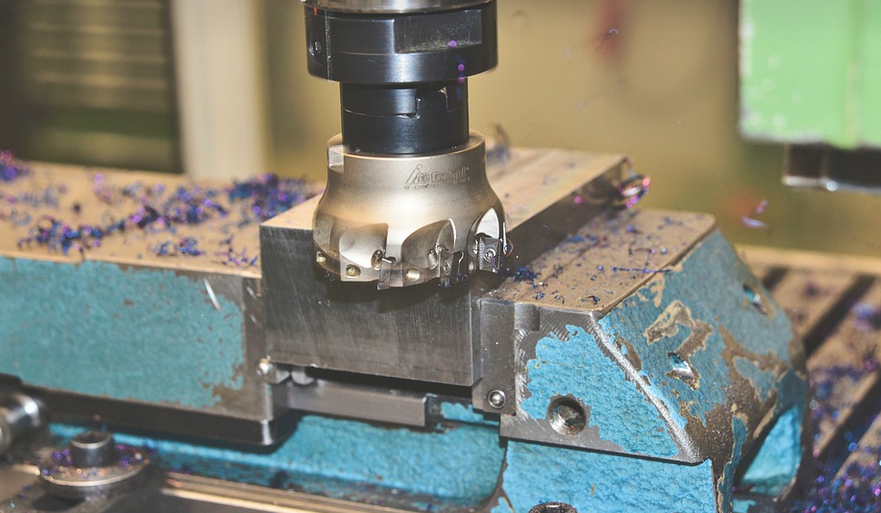What is brake line pressure?
Brake line pressure, often referred to as “brake system pressure,” refers to the force exerted by hydraulic fluid on the brake calipers and shoes within your vehicle’s braking system. Imagine it as a powerful pump pushing a liquid through pipes—that’s essentially what happens when you press the brake pedal!
Why is brake line pressure important?
Brake line pressure is crucial for safe and effective braking in any vehicle. Here’s why:
* **Consistent Braking Force:** A precise amount of pressure ensures a consistent stopping force across all four wheels, preventing uneven braking and potential skids.
* **Effective Caliper/Shoe Engagement:** The exact pressure allows the brake calipers or shoes to engage with the wheel rotor or drum, creating friction that slows down the vehicle safely.
* **Preventing Wheel Lockup and Overheating:** Too Low Pressure: If the pressure is too low, even a slight push on the brake pedal might not stop the car effectively. This could lead to dangerous situations like skids or jackknifing.
* **Too High Pressure:** Conversely, if the pressure is excessively high, it can create unnecessary strain and wear on brake components. Excessive pressure also increases the risk of a brake failure.
How is brake line pressure measured?
Measuring brake line pressure is crucial for identifying potential issues. Here’s how:
* **Gauge Pressure:** The most common method is to use a gauge that measures the force applied by the hydraulic fluid in the braking system, often expressed in pounds per square inch (psi). * **Testing Equipment:** A specialized tester called a “brake pressure tester” provides more comprehensive readings and allows for accurate pressure analysis.
**Why This is Important:** * **Diagnosing Problems:** Changes in brake line pressure can signal problems within the braking system. Excessive pressure could indicate worn brake pads or leaks, whereas low pressure might point to issues with calipers or hoses. * **Maintenance & Repair:** Regular pressure checks are essential for maintaining brake systems and ensuring they function optimally.
What should you do if your brakes feel “soft” or spongy?
If your brake pedal feels soft, spongy, or inconsistent when you press it, it could signal a problem in the hydraulic system. Here’s what to do:
* **Stop and Assess:** Pull over to a safe location immediately if possible. * **Check for Leaks:** Inspect your brake lines for leaks or damage. If you spot any evidence of leakage, it’s crucial to have the system inspected by a mechanic. * **Monitor Pressure:** Use a gauge pressure tester to check the pressure in your brake lines. * **Seek Professional Help:** If you are unsure about what you see or suspect a problem with your braking system, it’s best to contact a professional mechanic immediately for diagnosis and repair.
Maintaining Your Brakes
Just like any other part of your car, proper maintenance helps ensure optimal brake line pressure. Here are some tips:
* **Regular Inspections:** Get your braking system inspected regularly by a qualified mechanic to identify potential issues early on. * **Brake Fluid Checks:** Check your brake fluid level and condition at least annually or as per your manufacturer’s recommendation for a top-up if needed. * **Disc Brake Pad Replacement:** Ensure that your disc brake pads are replaced when worn out, following the recommended intervals as specified in your vehicle’s manual. * **Clean Your Brakes:** Clean your brake components regularly to remove debris and dirt accumulation which can negatively impact pressure and braking performance.
The Bottom Line:
Brake line pressure plays a critical role in our vehicles’ safety. Understanding average brake line pressure and the importance of regular maintenance is vital for safe driving. By taking care of your brakes, you can ensure smooth, reliable stopping power whenever you hit the road.
